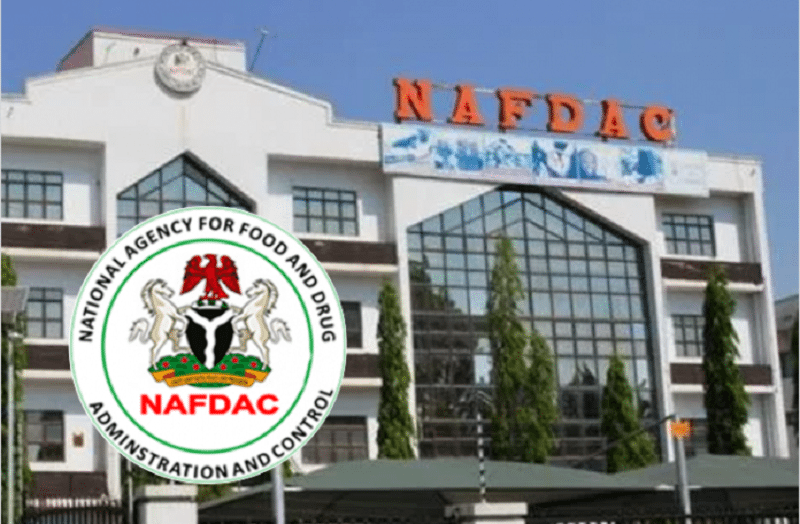The National Agency for Food and Drug Administration and Control (NAFDAC) has revealed that it destroyed over ₦120 billion worth of seized products nationwide in six months.
According to NAFDAC Director-General, Prof. Mojisola Adeyeye, the operations spanned Nigeria’s six geopolitical zones and the Federal Capital Territory (FCT) seizing substandard and falsified medicines, counterfeit foods, and beverages in six months, covering October to December 2024.
She disclosed this in her Christmas and New Year messages and urged citizens to prioritize safety by purchasing food and beverages only from credible outlets and avoiding products without NAFDAC registration numbers.
Prof. Adeyeye warned that products sold at unusually low prices are often substandard or counterfeit. “When a product is too cheap, it is most likely compromised,” she cautioned.
She also disclosed that the agency’s officers, particularly from the Investigation and Enforcement (I&E) Directorate, would sustain the ongoing efforts to remove substandard and falsified medicines as well as unwholesome food items from markets nationwide.
In collaboration with the Pharmacovigilance (PV) and Post-Marketing Surveillance (PMS) Directorates, NAFDAC officials are actively on the field, targeting falsified medicines, counterfeit wines and drinks, and other dangerous food products that pose risks to public health during the
Nationwide crackdowns and seizures
NAFDAC teams have conducted operations across major cities such as Lagos, Port Harcourt, Aba, Ibadan, Kaduna, and the Federal Capital Territory (FCT). Products worth billions of Naira were confiscated in the past three months of renewed enforcement efforts.
- Ibadan (December 11, 2024): Expired and unregistered drugs worth ₦11 billion were destroyed.
- Lagos: In November, fake medicines worth ₦300 million were seized during a raid at Tyre Village, Trade Fair Complex.
- Counterfeit alcohol packaging centers were dismantled, and items valued at ₦2 billion were confiscated.
- Nasarawa State: ₦5 billion worth of expired and counterfeit rice was seized at Karu Market.
- On December 19, a factory and eight shops packaging fake rice, valued at ₦5 billion, were sealed at Ninjur Ventures on Abacha Road, Karu.
- FCT (Abuja Markets): Over 1,600 bags of counterfeit rice worth about ₦5 billion were confiscated at Wuse and Garki markets.
- Aba, Abia State (December 16-17, 2024): A two-day operation uncovered large-scale production and distribution of counterfeit goods, including beverages, carbonated drinks, spirits, vegetable oils, and revalidated food items such as noodles, powdered milk, and yoghurt. The haul was valued at ₦5 billion.
Tougher measures ahead
Prof. Adeyeye reiterated that the agency would not relent in its fight against what she called “merchants of death.” She warned that 2025 would bring even tougher enforcement actions against those compromising the quality of medicines and food.
“The coming year will be tough for the people that prioritize money over the wellbeing of their fellow human beings,” she stated.
Consumer safety advisory
NAFDAC advised Nigerians to scrutinize products carefully, ensuring they are sourced from reputable outlets and have NAFDAC registration numbers.
Prof. Adeyeye warned against buying products sold significantly below standard market prices, as they are likely counterfeit.
“We appeal to Nigerians to buy only NAFDAC-registered drinks from licensed retailers, bars, and supermarkets. Poor packaging, spelling errors, and unusual bottle shapes are often red flags,” she noted.
